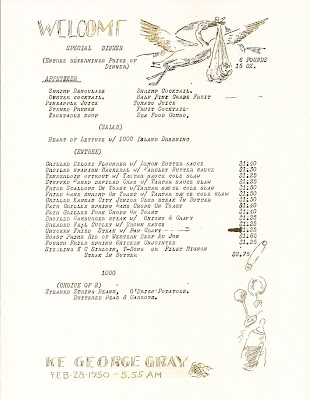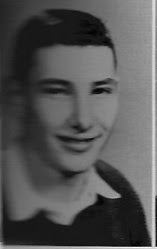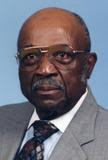June 12, 2011
Bob missed his chance to free ChinaBy Steve Gillespie / Managing Editor
The Meridian Star
MERIDIAN — I doubt that anyone has ever been labeled a sellout as much as Bob Dylan. It's the price living icons pay if they survive their youth.
Folk fans denounced him when his sound turned to rock. Rock fans denounced him when his rock turned country, some fans lost interest when he went gospel, or when they considered him old, or when he did that creepy Victoria's Secret commercial ... maybe the word "fan" isn't the correct word. Let's call them people who can't handle change.
Just before Dylan's 70th birthday, May 24, there was a firestorm of whiny media types — who can't handle change — that ridiculed him for going to China and supposedly allowing the communist government to censor his set list.
New York Times columnist Maureen Dowd wrote an idiotic column about him and his first concert he performed in China in April.
She slammed him for allowing the set list to be censored, and for not singing revolutionary-type protest songs, namely "Hurricane," the song Dylan wrote about the wrongful imprisonment of boxer Reuben "Hurricane" Carter.
Dylan last performed that song live in Houston, Texas, Jan. 25, 1976.
She thinks he should have done "Masters of War," "Blowin' In The Wind," and "The Times They Are A-Changin'." And then what? I don't know. Oddly enough the set lists, which according to Dylan were not censored by Chinese authorities, included several songs filled with social comment, and "protests" if that's the word Maureen likes best. I don't think she realized this 'cause she's not a fan.
Here's the songs he performed in Beijing, Shanghai, and Hong Kong: Gonna Change My Way Of Thinking; It's All Over Now, Baby Blue ; Beyond Here Lies Nothin'; Tangled Up In Blue; Honest With Me; Simple Twist Of Fate; Tweedle Dee & Tweedle Dum; Love Sick; Rollin' And Tumblin'; A Hard Rain's A-Gonna Fall; Highway 61 Revisited; Spirit On The Water; Thunder On The Mountain; Ballad Of A Thin Man; Like A Rolling Stone; All Along The Watchtower; Forever Young; Don't Think Twice, It's All Right; Things Have Changed; Blind Willie McTell; The Levee's Gonna Break; Desolation Row; It Ain't Me Babe; High Water (For Charley Patton); Senor (Tales Of Yankee Power); Jolene; My Wife's Home Town; Just Like Tom Thumb's Blues; and If You Ever Go To Houston.
The songs on those set lists were essentially the same as those he played in Australia later that month, and there was no censorship there either.
Last month Dylan did an unusual thing by posting a message online at www.bobdylan.com, addressed to his fans and followers. He said he was never denied permission to play in China a year ago, and that that previous story was dreamed up by a promoter before Dylan agreed to come to China. He said that on this trip he sold 12,000 out of 13,000 tickets, and the tickets that weren't sold were given to orphanages, which counters reports that there were lots of empty seats at his concerts. Also it was mostly young people at his shows, and he kind of doubted they would know some of the stuff he was doing 50 years ago.
"As far as censorship goes, the Chinese government had asked for the names of the songs that I would be playing," Dylan wrote. "There's no logical answer to that, so we sent them the set lists from the previous 3 months. If there were any songs, verses or lines censored, nobody ever told me about it and we played all the songs that we intended to play."
In her column Dowd uses excerpts from interviews and Dylan's own book to explain that he never wanted to be the keeper of social consciousness for his generation, even though he's been labeled like that, yet she acts as if he should have played that role. Then she tersely wraps up her column to say he "sang his censored set, took his pile of Communist cash and left."
Dylan ended his message with classic wit, taking a shot at those who try to make a buck off of him even though they really know nothing about him: "Everybody knows by now that there's a gazillion books on me either out or coming out in the near future. So I'm encouraging anybody who's ever met me, heard me or even seen me, to get in on the action and scribble their own book. You never know, somebody might have a great book in them."
Those Dylan "fans" who can't handle change don't go see Bob Dylan as much anymore, and they shouldn't. They don't like that he sounds and looks different, or that he never does a song the same way twice. If you want to see Bob Dylan he has concerts scheduled in New Orleans July 26, Pensacola July 27, Atlanta July 28 and Memphis July 30. You can find tickets at www.ticketmaster.com. If you expect anything, you will be disappointed. If you appreciate artists who love what they do, never quit, and never stop changing — you know, "sellouts" — you'll have a good time.
























